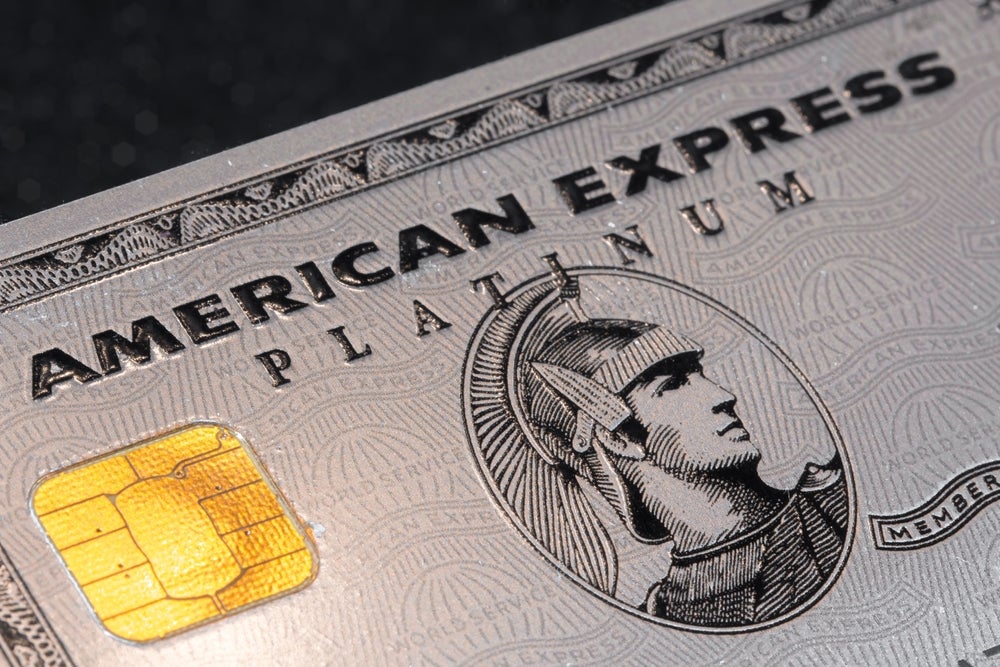The Brazilian association of
credit card and card services companies conducted its third annual
consumer and merchant survey this summer. Robin Arnfield looks at
the headline figures, and what they indicate about the future for
the country’s cards and payments market.
According to the recent survey by
Associação Brasileira das Empresas de Cartões de Crédito e Serviços
(ABECS), Brazil’s credit card services trade association, 2010 saw
a significant decline in the use of cheques, the country’s
traditionally strong payment method. The percentage of merchants
accepting them fell from 58 in 2008 to 51 in 2010, while the
percentage of merchants accepting payment by credit card and debit
card remained stable.
 ABECS says
ABECS says
that 99% of merchants surveyed accept debit cards, and 97% take
credit cards. Only 23% of merchants prefer payment by credit or
debit card, while 74% prefer cash.
“Many merchants see cash as a way
to avoid the tax authorities,” says Richard Speer, chairman of US
banking consultancy Speer & Associates and an adviser to
Brazilian card issuers. “The government encourages electronic
payments as it knows a formal economy will lead to greater tax
revenues.”
Cards account for 55% of total
monthly sales receipts for the merchants surveyed, up from 53% in
2009. Credit cards account for 35% of total monthly sales receipts,
debit cards 20%, cash 32%, and cheques 4% (ABECS did not give a
figure for store cards).
How well do you really know your competitors?
Access the most comprehensive Company Profiles on the market, powered by GlobalData. Save hours of research. Gain competitive edge.

Thank you!
Your download email will arrive shortly
Not ready to buy yet? Download a free sample
We are confident about the unique quality of our Company Profiles. However, we want you to make the most beneficial decision for your business, so we offer a free sample that you can download by submitting the below form
By GlobalData“Over the next five years, cards
will account for two-thirds or three-quarters of retailers’ monthly
sales receipts,” Speer says. “There could be 12-20% growth in card
transaction volume up to 2015, depending on how fast the economy
expands.”
Fees
In the 2010 survey, retailers
complained of high fees by acquirers, including the cost of renting
POS terminals and the cost of receiving a cash advance ahead of
settlement.
“Brazilian acquirers don’t offer
merchants overnight settlement,” Speer says. “Instead, they settle
in 30 days and offer merchants a next-day advance on that
settlement at high interest rates.”
Until July 2010, when the ban on
acquirers processing both Visa and MasterCard was lifted, merchants
needed terminals for each scheme.
“Merchants historically paid a lot
of fees for terminal rental,” Speer says. “Now acquirers can
process multiple card schemes, retailers will be able to throw out
unrequired terminals and contract with a single acquirer. But this
won’t lead to a fall in terminal numbers, as many merchants have
yet to install them. There is a big drive by acquirers to sign up
new merchants. For example, small grocery stores are just beginning
to accept cards using cellphone-based terminals.”
Consumers
 ABECS says the rise
ABECS says the rise
from 67% of the adult population in 2009 with credit, debit or
store cards to 71% in 2010 reflects growth in lower social segments
(categories C, D and E). In 2010, 83% of respondents in the higher
segments (A and B) had cards, as did 41% in segments D and E, and
67% in segment C.
Debit card ownership grew mostly in
social segments D and E in 2010 and among those aged over 60, in
parallel with the rise in bank accounts in Brazil. Credit card and
store card ownership grew particularly among the C segment and
among the over-60s.
There is intense competition in the
low-end segment of the cards market, which will increase with the
launch of Elo, the new domestic-only debit, credit and prepaid card
scheme operated by Banco do Brasil and Bradesco, Speer says.
Credit cards saw the most growth compared to others in 2010. The
percentage of total respondents with a credit card rose to 50% from
45% in 2009, while the%age with a debit card rose to 56% from 53%.
Store cardholders fell from 29% in 2009 to 27%.







